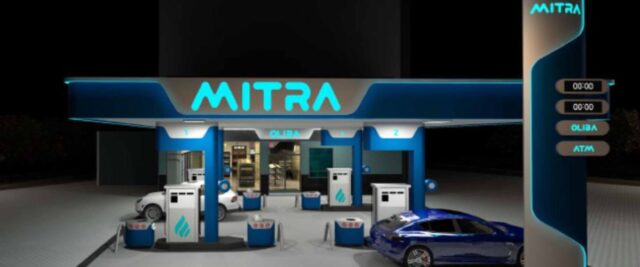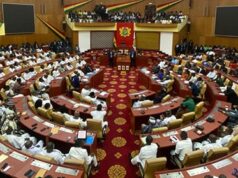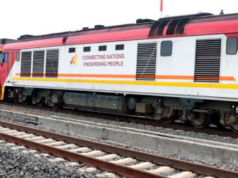
(3 minutes read)
Diesel prices in the Republic of Congo rose by 25 percent in October, following an increase in January. The pump prices of gasoline have also surged by 25 percent.
Authorities in Brazzaville attribute the soaring fuel prices to the IMF-recommended reforms of the removal of fuel subsidies. The IMF in 2019 under the Extended Credit Facility (ECF), provided financial assistance to the Republic of Congo on the condition that it should phase out the fuel subsidy as a measure to grapple with the severe economic crisis compounded by unsustainable debt, which is more than 80% of the GDP.
The Congolese branch of the What You Pay coalition (PCQVP) vehemently opposes these fuel price increases. They feel that as an oil-producing country, Congo has the right to sell petroleum products at lower prices for domestic use and the insistence to sell petroleum products at the same rate as it is sold internationally was not tenable.
Read Also:
https://trendsnafrica.com/republic-of-congo-faces-unbated-growth-in-food-prices/
https://trendsnafrica.com/republic-of-congo-election-results-are-out/
The Congolese government has implemented a series of measures to mitigate the impact of potential inflation, which are termed as anti-people. The general public feels that the prime reason for the economic distress is widespread corruption. They openly say that the fight against corruption in the oil sector will bring sufficient revenue to the State’s budget. The country, they feel, can save more than US$ 1 billion annually by preventing corruption in the oil sector. While civil society grapples with skyrocketing food prices, the government has decided to come out with a report on the impact of rising fuel prices at the pump.





